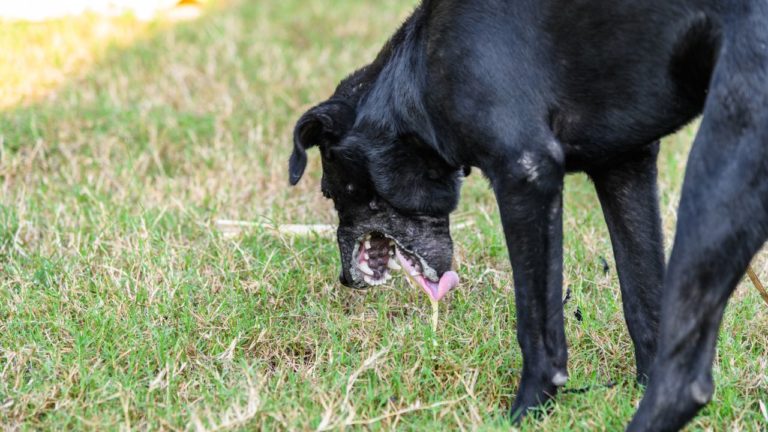Vomiting is when your pet uses force to expel contents of the stomach and upper small intestines. It should be distinguished from regurgitation (which is passive and yields undigested food, often preceded by difficulty breathing and coughing).
Unlike in puppies and kittens, were vomiting at all levels should be treated as a potential emergency at all times, old pets can occasionally vomit without serious illness and can continue their days as if nothing happened, However, if vomiting is a lot, happens continuously, contains blood, happens with other signs like: lethargy, anorexia, anemia, weight loss and dehydration, then its time to get concerned and if possible visit a vet as soon as possible.
Causes of vomiting
Vomiting may happen for several reasons. The colour of the vomitus may help in determining the most probable cause of vomiting(see attached color charts in photos). Causes may include:
- Eating too fast, or eating more than the pet can handle
- Swallowing of toxic and/or foreign substance( eg toys)
- Food intolerance
- Change in diet
- Certain medications such as NSAIDs
- Constipation
- Intestinal obstruction and intussception
- Intestinal parasites
- Bacterial infections
- Viral infections such as Parvovirosis and feline panleukopenia
- Kidney and liver failure
- Pancreatitis
- Cancers
- Uterine infections
- Colitis
Etc
Diagnosis and treatment
Treatment will depend on the cause of vomiting, it important to consult your Veterinarian in case your pet is frequently throwing up. Your vet may conduct some tests such as: blood tests, fecal analysis, ultrasound, biopsy, radiography and sends to determine the most like cause and thereafter prescribe the mosr appropriate course of treatment for your vomiting pet.

